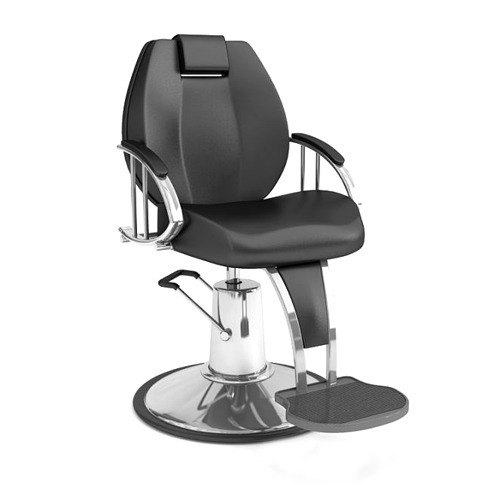In the bustling world of salon management, creating a distinctive identity can make all the difference. From the moment client’s step through the door, every detail, including the styling chairs, contributes to the overall ambiance and experience. Customizable comfort is not merely a luxury but a strategic tool for salon owners looking to elevate their brand and cater to their clientele effectively. The styling chair is not just a piece of furniture; it is a centerpiece of the salon’s aesthetic and functionality. Offering customization options allows salon owners to tailor these chairs to match their unique identity and style. Whether it is choosing specific upholstery colors that resonate with the salon’s branding or selecting ergonomic designs that ensure client comfort during longer appointments, customization plays a crucial role. For instance, a modern salon aiming for a minimalist vibe might opt for sleek, monochromatic chairs with clean lines, while a boutique salon specializing in vintage styles might prefer chairs with ornate detailing and plush, classic upholstery.

Beyond aesthetics, functionality is paramount. Customizable features such as adjustable height, reclining capabilities, and built-in footrests ensure that stylists can work efficiently while clients remain comfortable throughout their visit. Ergonomic considerations are increasingly important as salons strive to provide not only style transformations but also a relaxing and supportive environment for their clients. Moreover, the durability and quality of styling chairs are non-negotiable aspects of customization. Investing in chairs made from high-quality materials ensures longevity and reflects positively on the salon’s commitment to excellence. Many customizable options include choices in materials such as leather, vinyl, or fabric, each offering its own blend of durability, comfort, and aesthetic appeal. The process of selecting and customizing styling chairs involves collaboration between salon owners, designers, and manufacturers. It begins with identifying the salon’s brand identity and desired client experience. Are they aiming for luxury and exclusivity or accessibility and warmth? The answers to these questions guide decisions on chair design, upholstery, and additional features.
Practical considerations also come into play. For instance, Salon Chair with limited space might prioritize compact designs that maximize floor area without compromising on comfort or style. On the other hand, larger salons might focus on creating distinct seating areas within their space, each tailored to different services or client preferences. From a marketing perspective, customizable styling chairs contribute to a salon’s unique selling proposition USP. They become part of the story that the salon tells about itself through its decor, its services, and its commitment to client satisfaction. Clients notice these details, and they often become part of the salon’s reputation and word-of-mouth marketing. In conclusion, customizable styling chairs are not just functional items but strategic assets for salon owners. They allow for the creation of a cohesive and memorable salon experience that aligns with the brand’s identity and clientele expectations. By investing in chairs that reflect their unique style and commitment to comfort and quality, salon owners can differentiate themselves in a competitive market, foster client loyalty, and ultimately enhance their overall business success.



